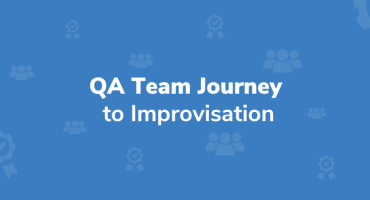Will AI Increase or Decrease Human Potentiality in Technology?
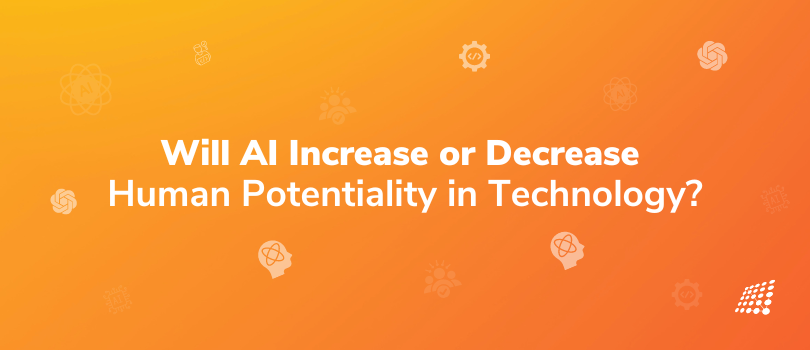
The artificial intelligence impact is profound! From voice assistants, customer service agents, and decentralized finance, to recommendation algorithms and advancements in healthcare, e-commerce, and agriculture, AI surrounds us. But here’s the big question: Will AI empower us to achieve greater heights in technology, or will it limit our potential?
In the ever-evolving landscape of technology, the integration of Artificial Intelligence (AI) has sparked intense debate regarding its influence on human potential. Will AI enhance our capabilities, or will it diminish them? How will AI impact human potential in technology? This article delves into AI-human collaboration, the complex relationship between AI and human potentiality in technology, and examines both the opportunities and challenges that lie ahead.
AI as an Enabler
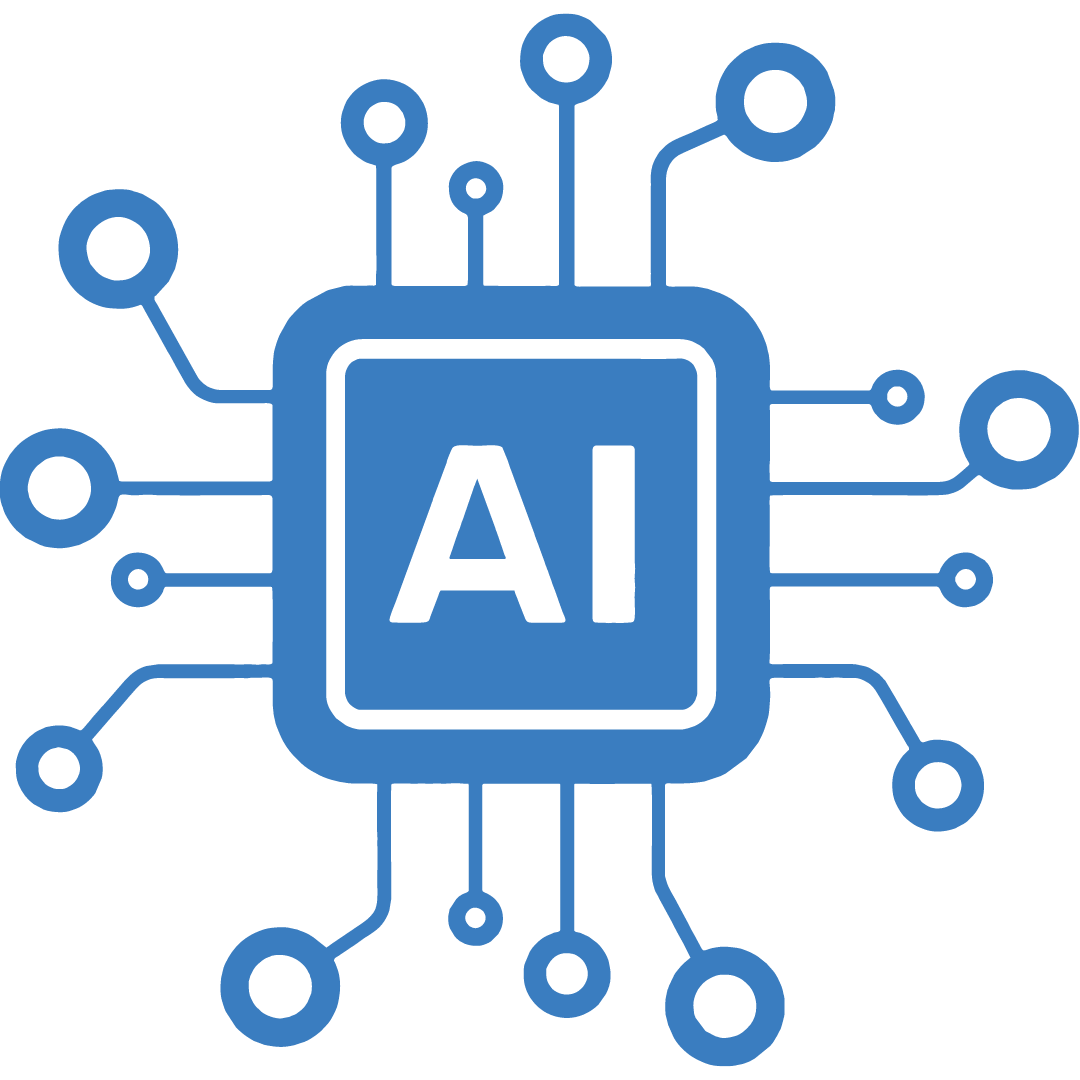
One of the most significant contributions of AI to human potential in technology is its role as an enabler.
- AI-powered tools and systems can augment human capabilities, leading to increased efficiency and productivity across various industries.
- For instance, in healthcare, AI algorithms assist medical professionals in diagnosing diseases with greater accuracy and speed, ultimately saving lives.
- Similarly, in manufacturing, AI-driven automation streamlines processes, allowing workers to focus on more complex tasks that require human ingenuity.
Empowering Creativity and Innovation
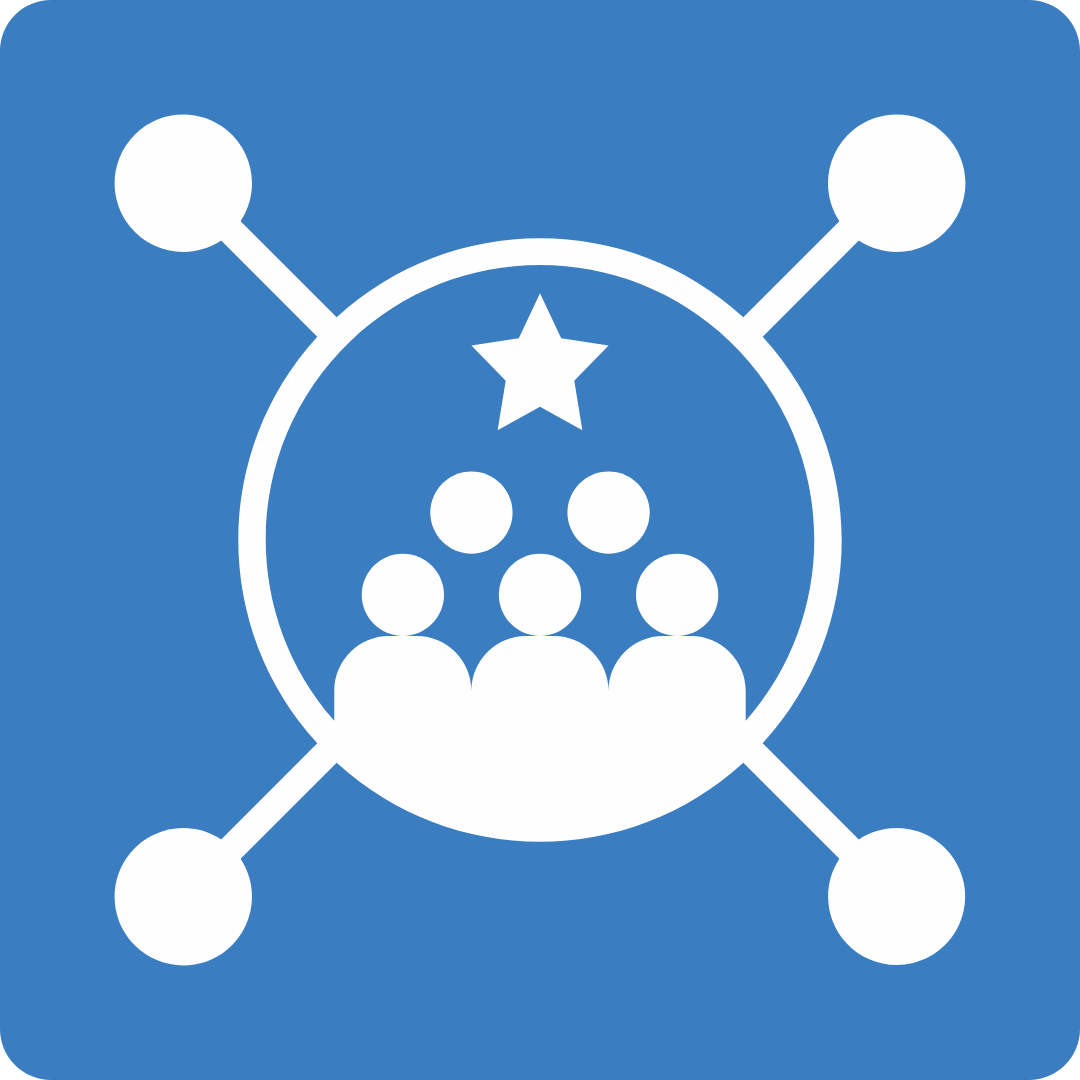
Contrary to the fear of AI replacing human creativity, it has the potential to fuel innovation and unleash new realms of creativity.
- By automating repetitive tasks, AI liberates human workers to channel their energy into creative endeavors.
- Moreover, AI systems can analyze vast amounts of data, unveiling patterns and insights that humans may overlook, thus inspiring breakthrough innovations.
- For example, in the field of art and design, AI-generated content collaborates with human artists, pushing the boundaries of creativity beyond what was previously imaginable.
Challenges to Human Potential
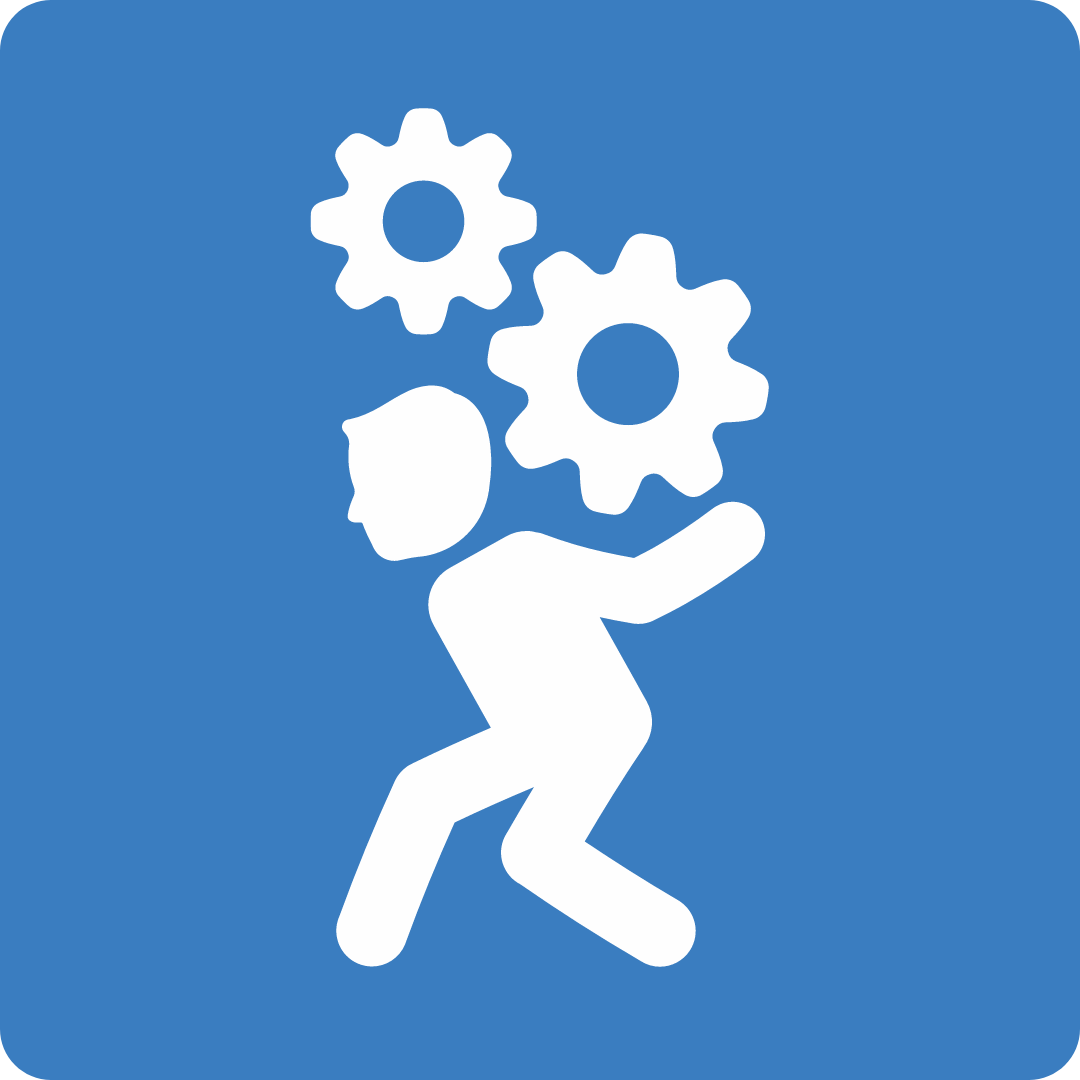
While AI presents promising opportunities, it also poses significant challenges to human potentiality in technology.
- One concern is the displacement of jobs due to automation, leading to unemployment and socioeconomic disparities.
- Moreover, reliance on AI algorithms raises ethical dilemmas regarding bias, privacy, and accountability.
- AI ethical considerations are crucial.
- If left unchecked, these issues could hinder rather than enhance human potential in technology.
The Need for Human-AI Collaboration
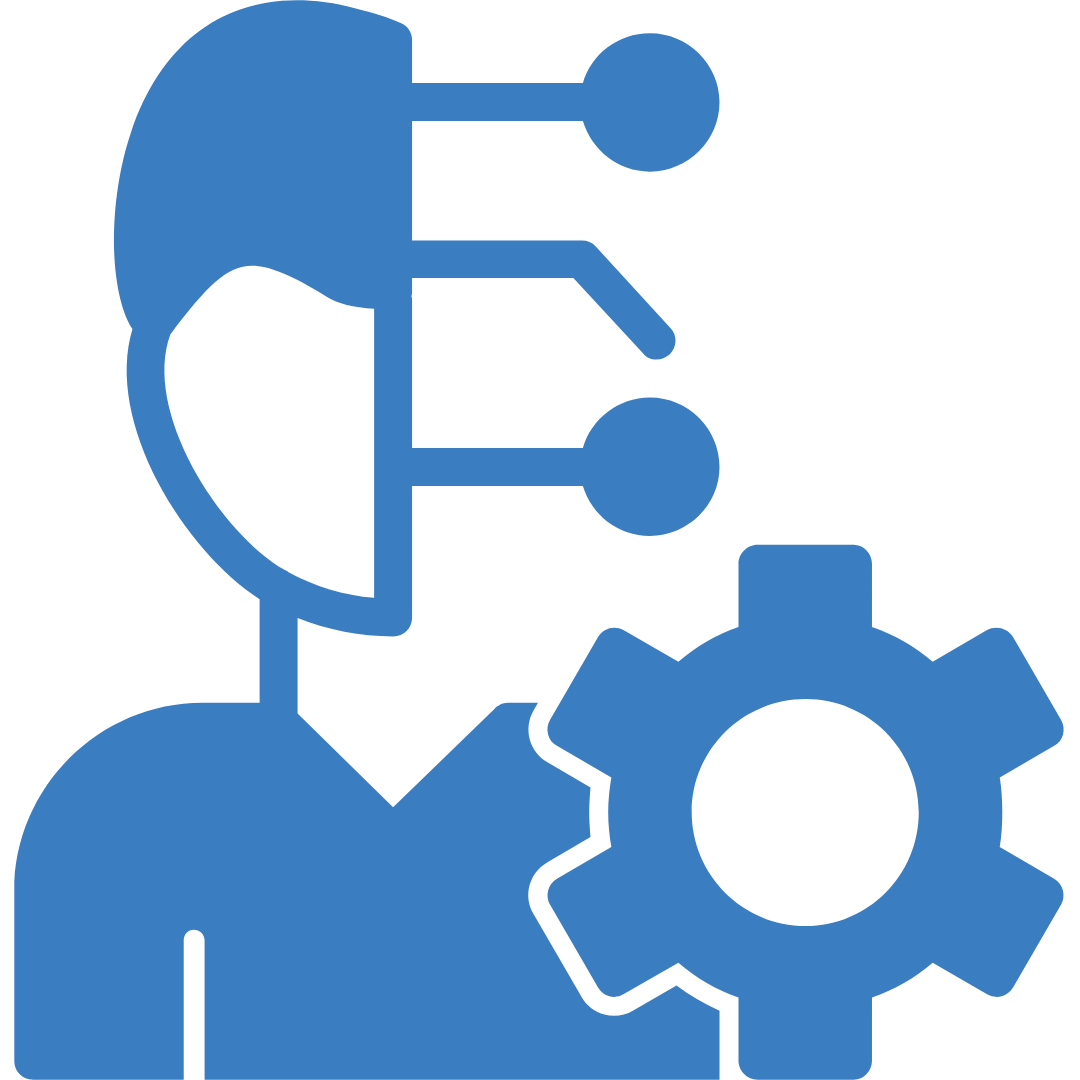
To harness the full potential of AI while mitigating its adverse effects, there is a growing consensus on the importance of human-AI collaboration.
- This approach emphasizes the symbiotic relationship between humans and AI, where each complements the strengths and compensates for the weaknesses of the other.
- By integrating human judgment, empathy, and ethical reasoning with AI's computational power, we can achieve more profound and meaningful advancements in technology.
Skill Enhancement through AI
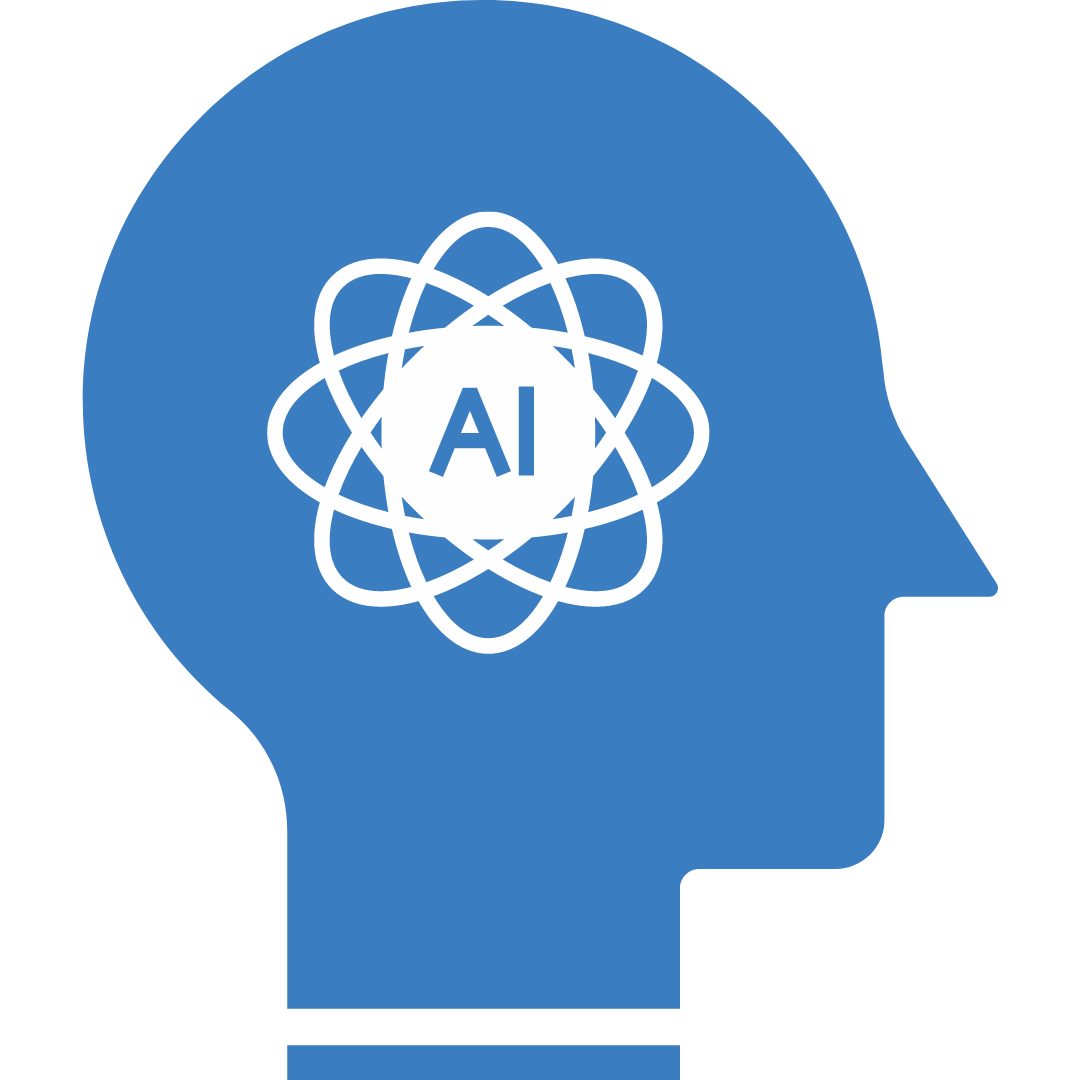
AI technologies offer opportunities for individuals to enhance their skill sets.
How artificial intelligence enhances skill development?
- Online platforms powered by AI provide personalized learning experiences, enabling users to acquire new knowledge and develop relevant competencies.
- Additionally, AI-driven simulations and virtual reality environments offer immersive training experiences across various fields, from healthcare to aviation, enhancing human potential by facilitating hands-on learning in a safe and controlled setting.
AI-driven Personalization
The ability of AI systems to analyze vast amounts of data enables personalized experiences tailored to individual preferences and needs.
- In education, AI-powered tutoring systems adapt learning materials and pace to the student's learning style, maximizing comprehension and retention.
- Similarly, in customer service, AI-driven chatbots offer real-time assistance, providing personalized recommendations and solutions based on user interactions.
- This level of AI personalization enhances user satisfaction and engagement, empowering individuals to achieve their goals more effectively.
Ethical Considerations and Responsible AI Development
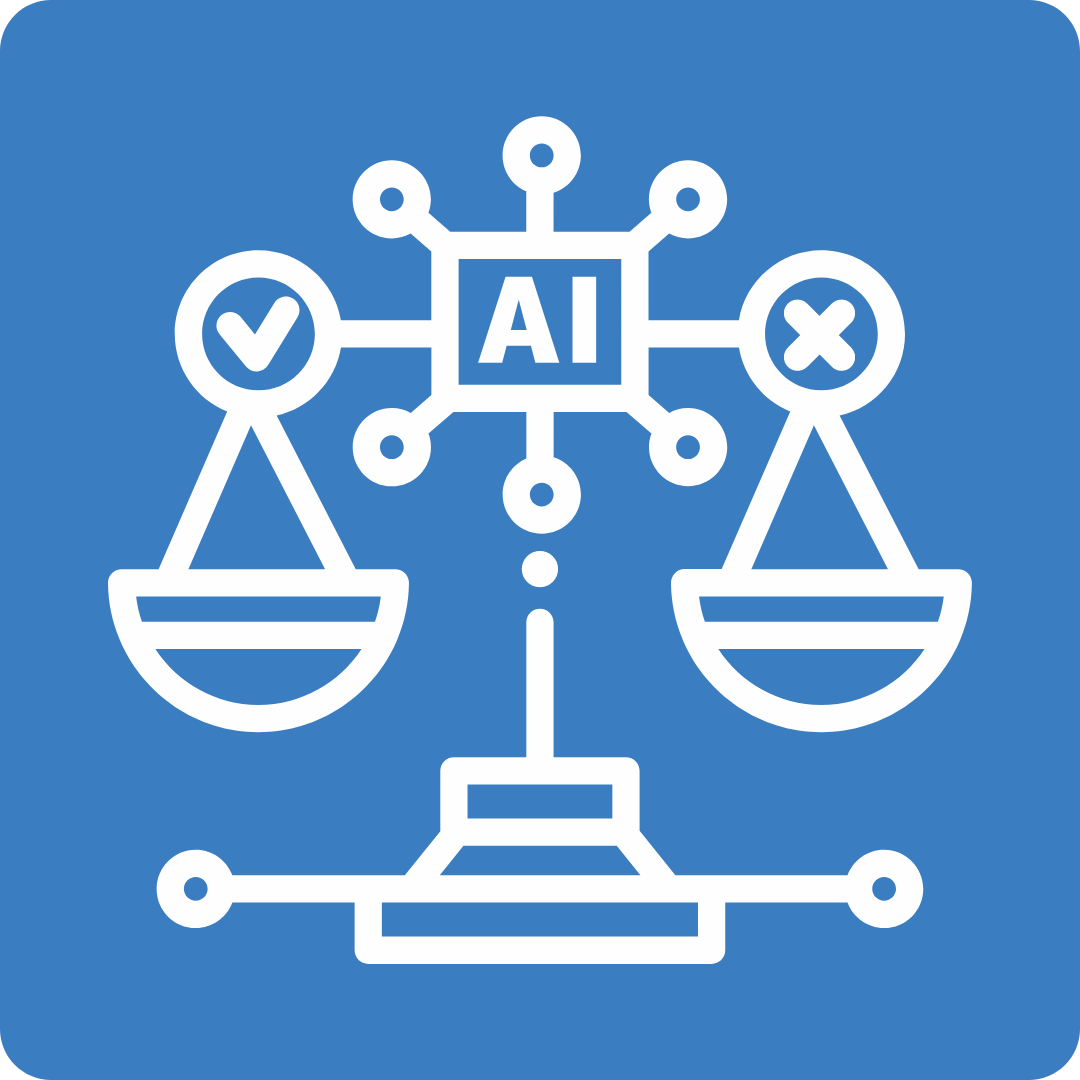
As AI continues to advance, ensuring ethical principles and values are embedded into AI systems is crucial for preserving human potentiality in technology.
- Ethical considerations such as fairness, transparency, and accountability must guide the development and deployment of AI applications.
- Establishing regulatory frameworks and industry standards for AI governance can help mitigate risks and ensure that AI serves the best interests of society.
- By prioritizing ethical considerations, we can build trust in AI systems and foster an environment conducive to innovation and human flourishing.
Socioeconomic Implications and Inclusive Access:
Addressing the AI socioeconomic effects is essential for equitable distribution of opportunities and resources.
- Initiatives aimed at upskilling and reskilling the workforce for jobs in the AI-driven economy can empower individuals to thrive in the digital age.
- Furthermore, ensuring inclusive access to AI technologies, particularly in underserved communities, is vital for bridging the digital divide and unlocking the full potential of all individuals regardless of background or socioeconomic status.
AI Continuous Learning and Adaptation
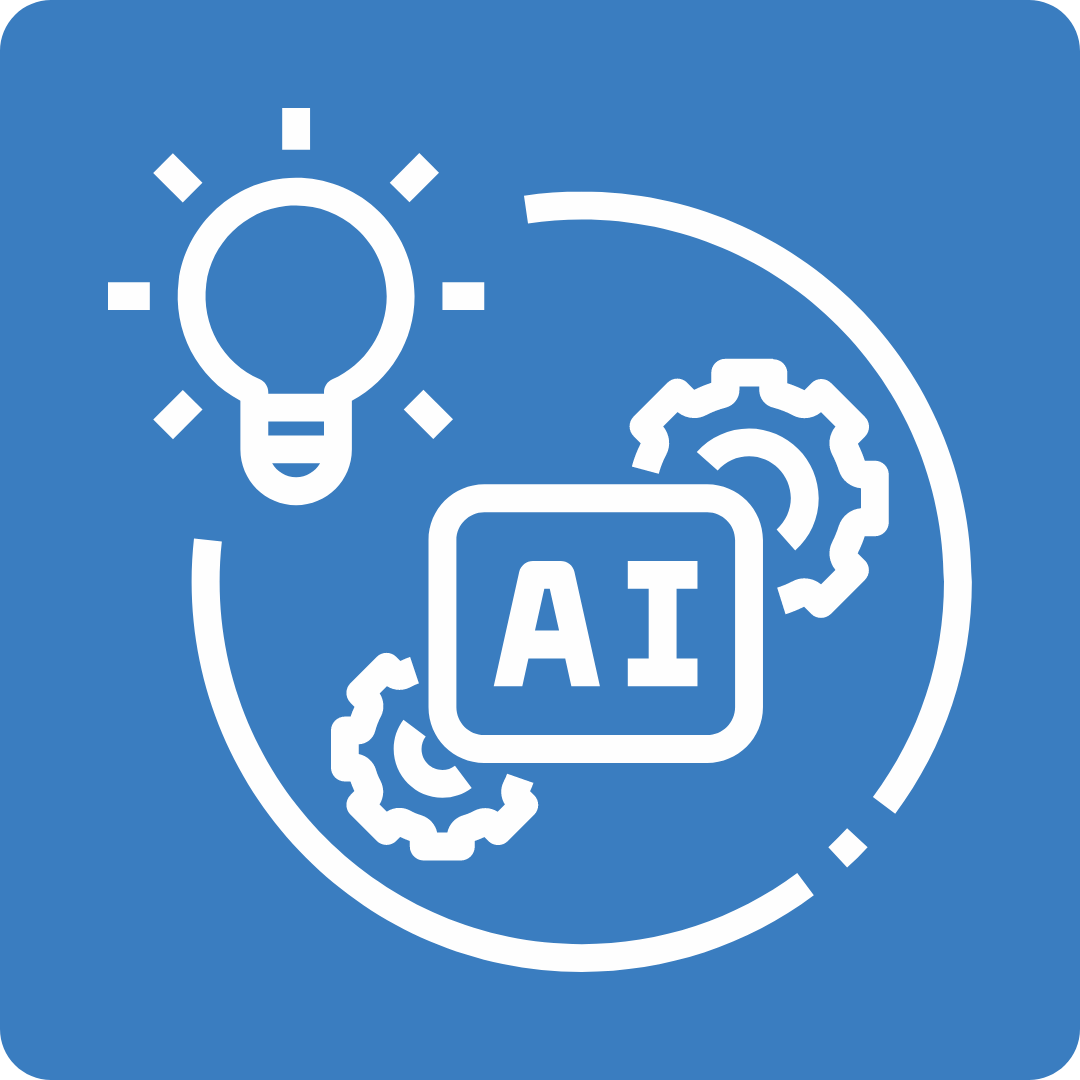
AI's influence on continuous learning and career adaptation is rapid.
- Along with this rapid pace of technological advancement, individuals need to embrace a mindset of continuous learning and adaptation.
- AI technologies are constantly evolving, needing ongoing skill development and agility to remain competitive in the workforce.
- Lifelong learning initiatives and flexible education pathways can empower individuals to navigate career transitions and seize emerging opportunities in the ever-changing landscape of technology.
Conclusion
In conclusion, the impact of AI on human potentiality in technology is multifaceted. While AI holds the promise of enhancing productivity, creativity, and innovation, it also presents challenges that must be addressed. By fostering collaboration between humans and AI, we can navigate this technological frontier while maximizing the benefits and minimizing the risks. Ultimately, the future of technology lies not in the hands of AI alone but in the synergy between human ingenuity and artificial intelligence.
Take the first step towards a smarter business with AI. Talk to our QA experts now and discover the true potential of working alongside AI for better productivity and innovation.
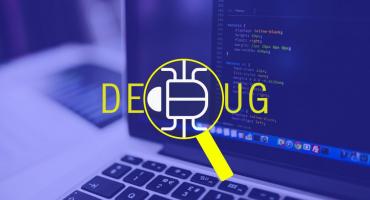
Why Do We Debug Code?
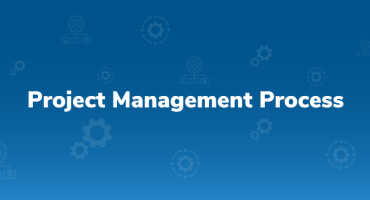
Sjinnovation’s Project Management Process
